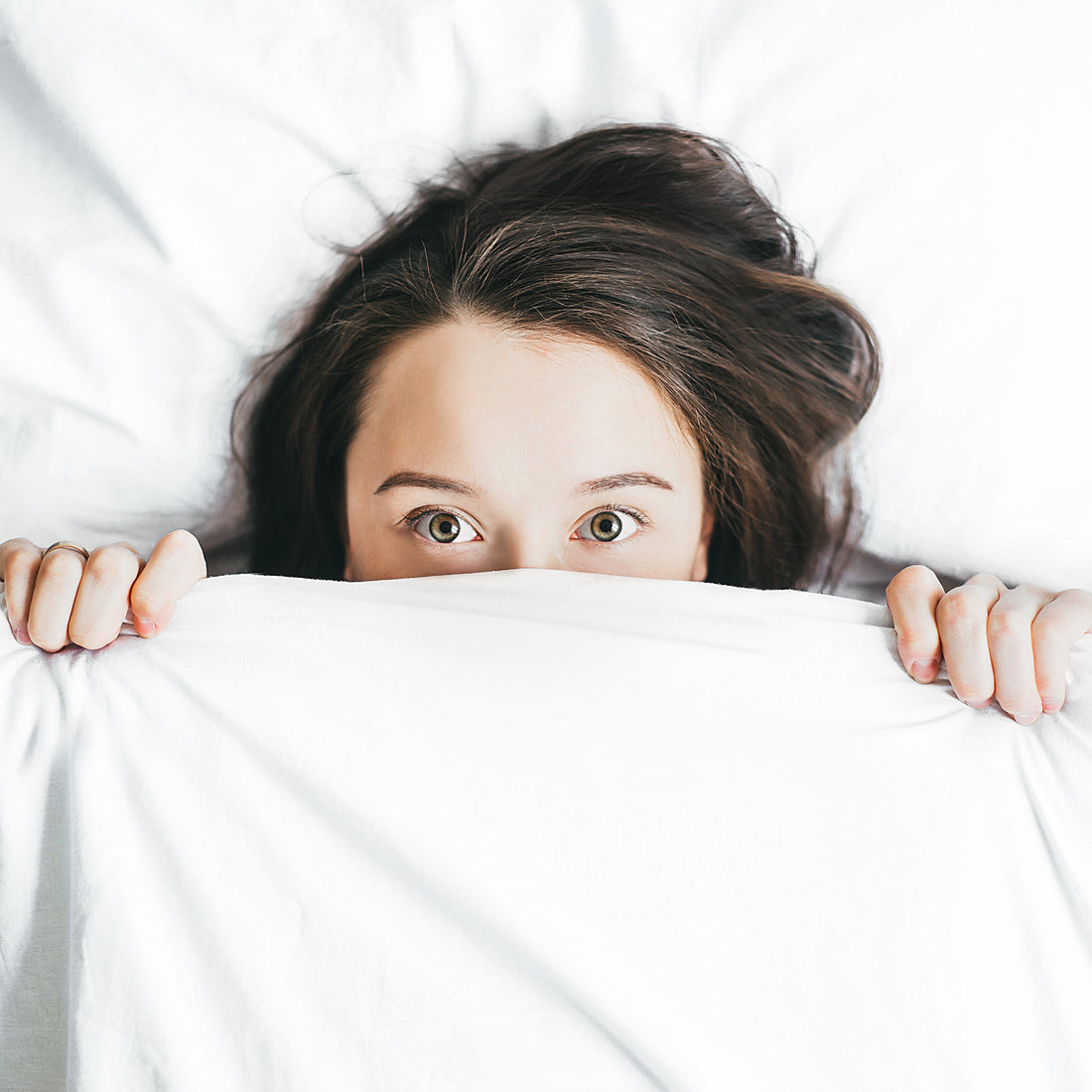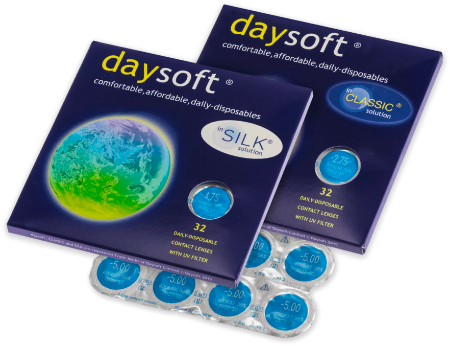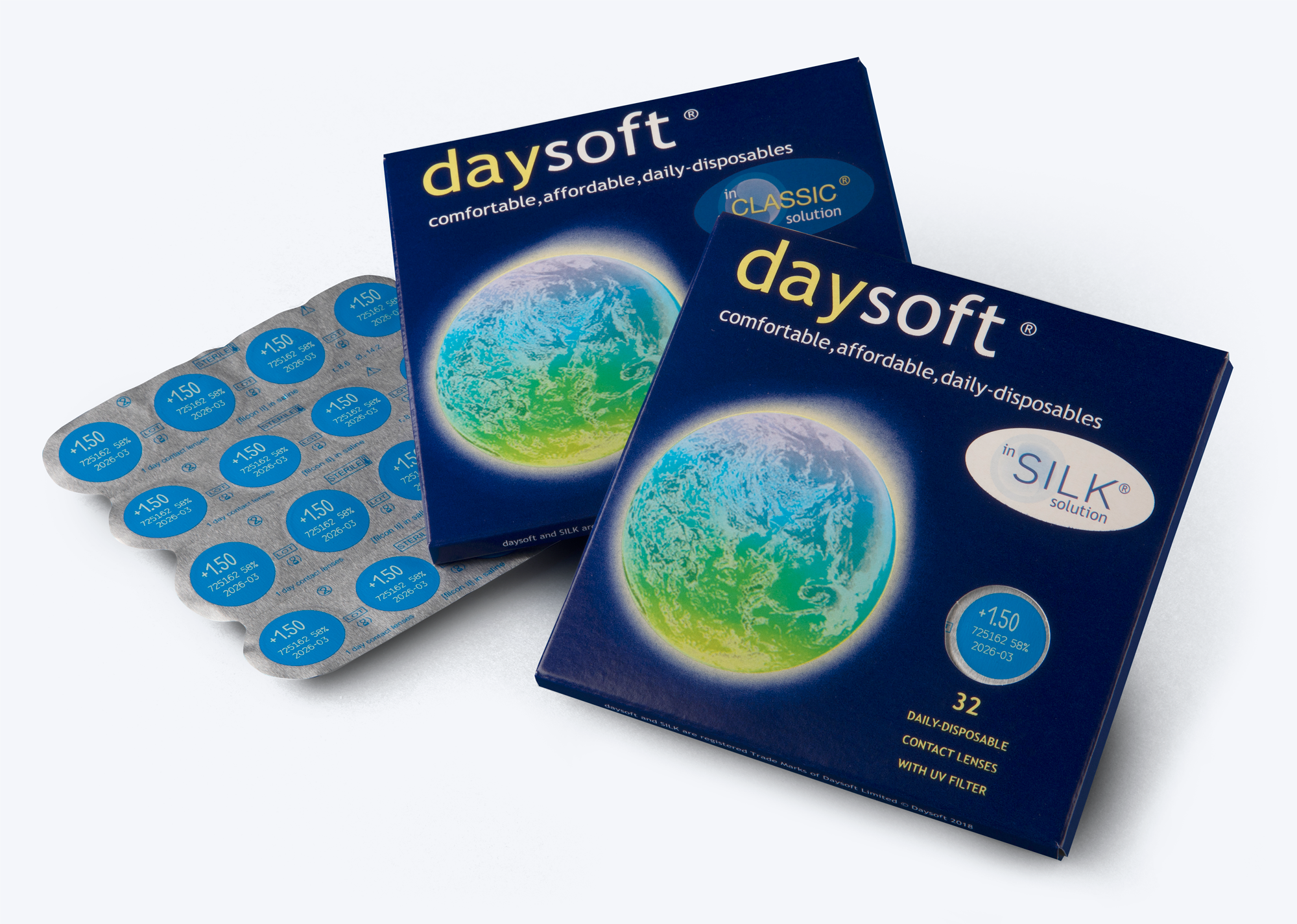It’s a well-known fact that sleep is life. After all, good sleep improves your brain performance, mood and health. Bad sleep, on the other hand, can affect our judgment, mood, ability to learn and retain information and may increase the risk of serious accidents and injury.
And that’s just in the short term. There are also serious long-term consequences of poor sleep. Research shows that people with unhealthy sleep patterns have an increased risk of developing glaucoma, which can lead to loss of vision if not diagnosed and treated early. For sparklingly healthy eyes, follow our top sleep tips on how to maintain good eyesight.
Optimise your sleep hygiene
The Sleep Foundation says maintaining healthy sleep and eyes is all about putting yourself in the best position to sleep well each and every night. Falling asleep is an art. It’s worth making different adjustments to find out what helps you sleep better. Don’t change everything at once – small steps can move you towards better sleep hygiene.
Wake up at the same time
Good sleep starts when you wake up, not when you’re ready to go to bed. Consistency is key. To help get your body into a regular sleep pattern, try to wake up at the same time every day, regardless of whether it’s a weekday or the weekend.

Get moving outside
Exercising outside every day for 30 minutes will calm your mind and allow you to decompress, setting you up for a good night’s sleep. Even a short daily walk outside will expose you to the natural light that can regulate your hormones that tell your body’s internal clock to wake up.
Hydrate regularly
Sometimes tired, dry eyes are caused by dehydration alone. Symptoms often get worse at night, keeping you from enjoying uninterrupted sleep. Keep your eyes lubricated by sipping water and herbal teas throughout the day.
Eat for eye health
Certain nutrients are vital for eye health. Zinc, copper, vitamins C and E, omega-3 fatty acids, zeaxanthin, lutein and beta carotene may reduce the risk of age-related decline in eye health by 25%. For an adequate intake of these nutrients, consume oily fish, nuts and legumes, seeds, citrus fruits, leafy green vegetables, carrots, sweet potatoes, beef and eggs.
Most of these foods also contribute to more zzz, too, because they contain vitamin D, magnesium and iron. For added snooziness, up your melatonin levels. This hormone can be found in turkey, tomatoes, oats and milk.
Reduce caffeine and alcohol intake
Perhaps you need a lot of coffee or tea to kickstart your day and keep you going through that mid-afternoon slump. Or maybe you look forward to a glass of red or two to help you feel drowsy in the evening. But caffeine and alcohol can all contribute to sleep disruption. Try to limit any caffeine and alcohol for at least four hours before bed.
Soothe tired eyes
If your eyes are feeling the strain after a long day staring at a computer screen, here are some tips for eye health to help restore their vitality and prime them for sleep.
1. Blink more
When we get tired or work on screen, we may forget to blink, which dries our eyes out and contributes to eye strain. Blink every few lines when reading a book or your screen. Blinking helps relax and lubricate your eyes.
2. Follow the 20/20/20 rule
Every 20 minutes, take 20 seconds to look at something 20 feet away. This could be the sky, a tree, the back of your co-worker’s head… It’s an opportunity to give your eyes a break.
3. Roll your eyes
Rolling your eyes gently in one direction and then back again can help reduce tension and soreness in the muscles around and behind your eyes. Do this three to five times in a row every hour to help relieve eye strain.
4. Listen to a podcast, audio book or meditation
Give your sleepy eyes a break and listen yourself to sleep rather than reading. Whether you need a story, podcast or yoga nidra to flip your switch to sleep mode, there are thousands of options to get you there.
5. Massage your eyes
To soothe tired eyes before bed, gently massage around your eyes. Place a tiny amount of castor oil on your pinky fingertip and slowly circle from under your eyebrow around the outer eye and back under the eye. Do five to 10 circles for each eye.
Establish a nighttime routine
There’s a reason why we teach children to wind down at night. A warm bath, a soothing drink and a bedtime story signal to our brains that it’s time to snooze. Like waking up at the same time each morning, a consistent nighttime routine helps reinforce healthy habits and signals to mind and body that sleep is approaching. It’s much easier to doze off if you’re relaxed, so try reading, low-impact stretching, listening to soothing music and breathing exercises.
Take out your contact lenses
No matter how tired you are, don’t be tempted to drift off while wearing your contact lenses. Sleeping with contacts increases your risk of infecting your cornea (the clear layer that protects the coloured part of your eye). Our daily disposable lenses are not made to be slept in and should be disposed of after one use.
Remove eye makeup
Sleeping with eye makeup significantly increases your risk of developing blepharitis, an inflammation of the eyelids. Make it a habit to remove your makeup before going to bed, using oil-free makeup remover.
Disconnect from devices

Hands up if you’re guilty of being distracted by bingeworthy TV shows, late-night scrolling or checking your emails before bed. Tablets, phones and laptops can keep your brain wired, making it hard to truly wind down. The blue light from these devices can also suppress your natural production of melatonin.
We know it’s hard, but try to banish screens from your wind-down ritual. Leave your phone downstairs so you’re not tempted to sneak onto your socials. And if you use your phone to wake you up, buy an old-school alarm clock.
Stay cool
A cool room between 60 and 67°F (15.6 and 19.4°C) is recommended for optimal sleep. If you can, sleep with the windows open or use a fan to circulate the air.
Adjust the lighting
Low lighting can help you transition to bedtime and contribute to your body’s production of melatonin. Once you’re ready for sleep, darkness is essential for the body to fall asleep. It enables the brain to send a signal to the body indicating that it is time to rest and keep those circadian rhythms (the biological mechanism that regulates your sleep-wake cycles) consistent. If you don’t have blackout blinds, invest in a comfy eye mask.
Your eye health and lifestyle go hand in hand. From make-up tips for contact lens wearers to relieving itchy hayfever eyes, read more about how to keep your eyes healthy on our blog.



